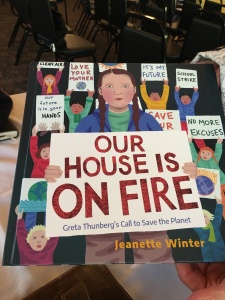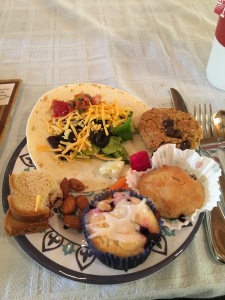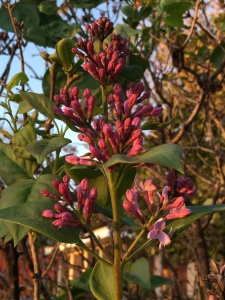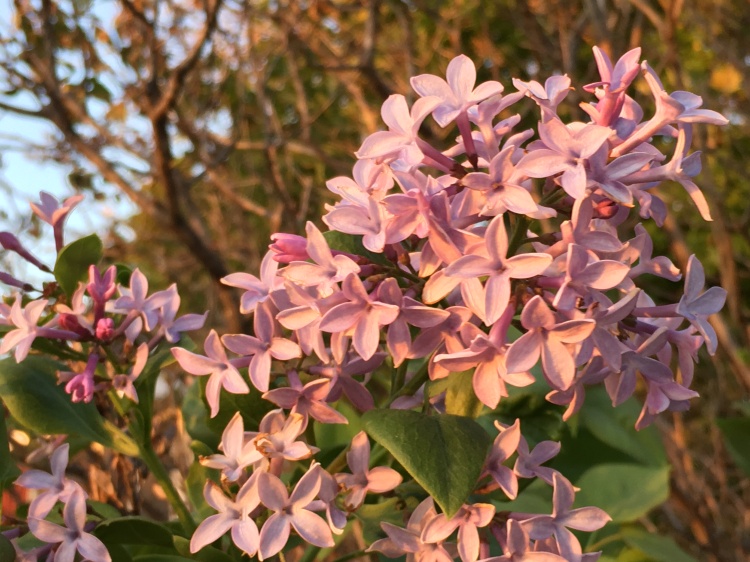I just returned from an intensive two-day retreat in the lovely facilities at Platt River State Park in Nebraska. The retreat was sponsored by a variety of faith denominations and environmental groups. Our focus was extreme weather, otherwise known as climate change, or more appropriately at this point in time, the climate crisis. Both Nebraska and Kansas, not to mention every location on the planet, have experienced the effects of extreme events.
There were seminars by experts in various fields, including a biology professor from Doane College, a Catholic sister experienced in immigration issues and how the global climate issues affect the desperate families looking for a place to exist, a panel of experienced farmers who advocate regenerative agriculture, and a Nebraska Sierra Club officer familiar with The Green New Deal.
While some of our concerns were addressed, others were not. Some questions were answered; more were raised. We interacted with a group of Creighton College students on fall break to understand their background and concerns for their future. Most important, we connected with others who are retired or nearly retired sharing the same anxiety about the future of life on planet Earth. We want to DO SOMETHING about it.
Greta Thunberg’s historic address in September was very much on our minds. A book featuring Greta’s call to action was shared.  It is obvious that some of us older folks care very much and are willing to take action toward sustaining a climate that will support life as we know it. We don’t want Greta’s generation to inherit a planet broken by greed and over-consumption of the resources that should belong to all generations.
It is obvious that some of us older folks care very much and are willing to take action toward sustaining a climate that will support life as we know it. We don’t want Greta’s generation to inherit a planet broken by greed and over-consumption of the resources that should belong to all generations.
Make no mistake about it, the Earth itself is not at risk here. The planet will prevail and sail on in its orbit until our sun runs out of energy. It is the thin layer around the planet we should all be concerned about–the biosphere–which feeds the cycles on which every life form we have ever known depends. If we can’t take action to preserve the life-supporting systems, we are lost as well as other living things on Earth.
The weekend offered hope with ideas for steps we could take RIGHT NOW to change the arc of devastation we are on. It was a zero waste event, so we were advised to bring our own reusable mugs and water bottles, as well as our own napkins. We used real dishes and washed them. We ate low on the food chain with healthy fare in meals prepared from local produce by experienced chefs.
We made new friends, formed networks of support, and returned to our homes pledging actions we each chose that fit our own situations. I plan to examine some of the resources and ideas offered and share them here.
It will require a massive change in systems deeply ingrained in our species. But every step toward change, added to every step of more than seven billion people on the planet, will add up and we can and will make a difference. It takes courage to make changes, but “With Courage There Is Hope.” (Dr. Ramesh Laungani, Doane College).
 Upon arrival back in southern Kansas on October 15, I discovered buds and blossoms on my friends’ lilac bush. As a “young” elder, I have no recollection of ever seeing a lilac bloom in October. But here it is. Surely it is a sign of something. I’m just not sure what.
Upon arrival back in southern Kansas on October 15, I discovered buds and blossoms on my friends’ lilac bush. As a “young” elder, I have no recollection of ever seeing a lilac bloom in October. But here it is. Surely it is a sign of something. I’m just not sure what.


